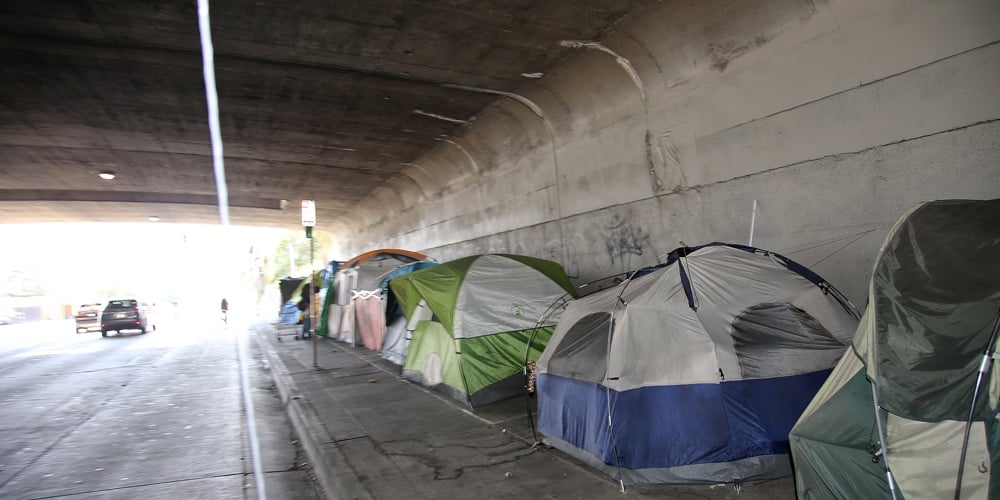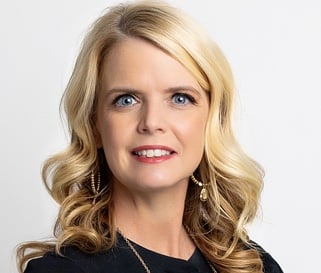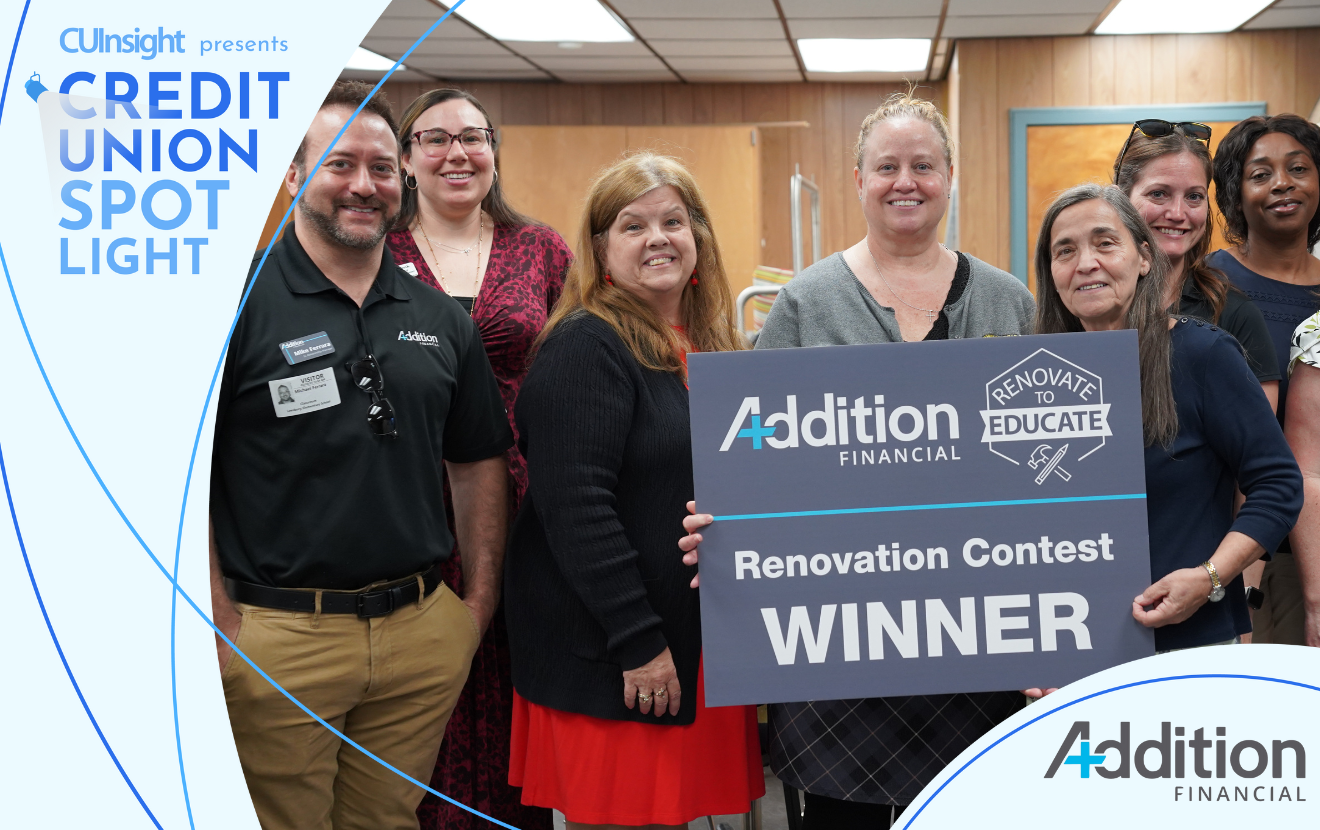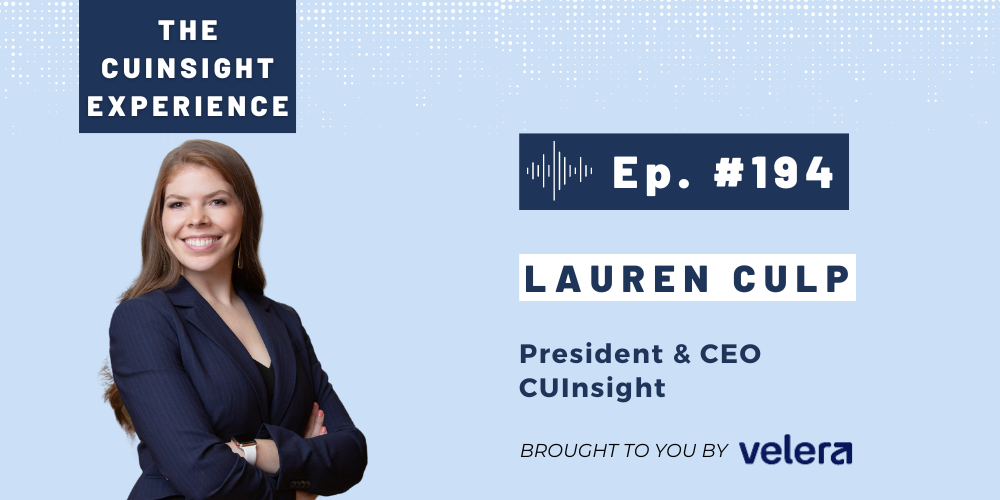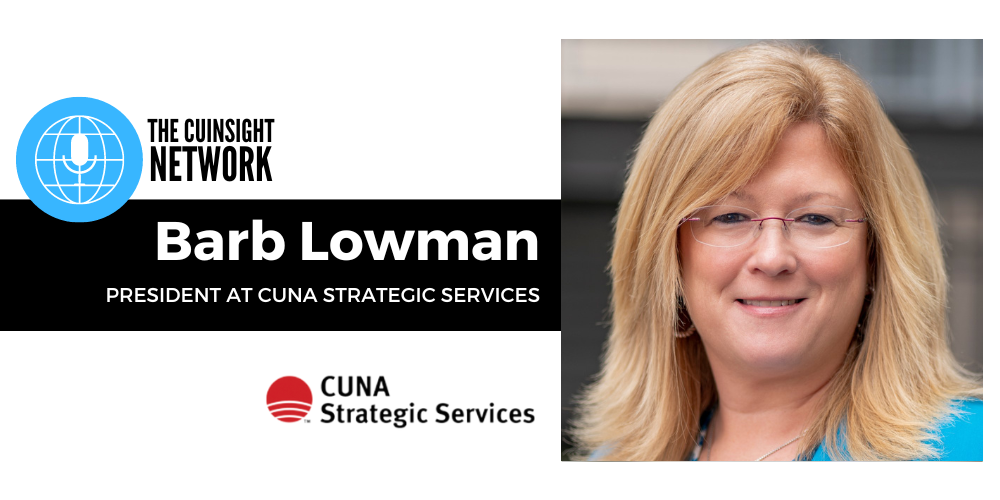One crisp fall morning, as the first rays of sunlight began to pierce through, I drove into the credit union early to get ahead of the day's bustle. My mind swirled with thoughts of the tasks I wanted to accomplish in the quiet before the workday began. As I pulled into the parking lot, I noticed a man packing up his belongings on the property. He looked tired, worn by the elements and time. I rolled down my window and greeted him.
“Good morning,” I said. Before I could utter another word, he responded warmly, “Hey, I’m Larry.”
Hearing his friendly voice transformed my initial thoughts. I had been prepared to assertively tell him he couldn’t stay here, reminding him it was private property, and asking him to move along. However, to my surprise, I found myself saying, “It’s nice to meet you, Larry. I'm Christie. God loves you, but you can’t be here in the mornings. It’s alarming to anyone coming to work early.” In the aftermath, I couldn’t help but wonder why I had responded in such an unexpected manner. This encounter had caught me off guard, and I was taken aback by my own words.
Larry’s response was simple, “Thank you, Christie.” And just like that, my heart broke. I hadn’t heard an audible voice from God, but as a person of faith, I felt a divine nudge telling me this was no random encounter. Larry was not just a homeless man; he was someone God was using to humble me. All I could hear was, "He matters to me, he’s mine."
Later that day, I noticed Larry had relocated to a concrete barrier beside the store adjacent to the credit union. During my break, I acted on impulse. Gathering a few canned drinks, I approached him and settled down beside him on the curb. Once again, I introduced myself and emphasized that my earlier concern was primarily for the security of my staff and the credit union. Larry nodded in understanding. He shared that he had sought refuge under the overhang because of the rain, admitting that he usually left much earlier but had overslept that day. It seemed like a fateful meeting, perhaps even a divine appointment.
Our first real conversation was about setting boundaries while trying to understand his intentions. Larry explained that he was in his seventies and traveled alone. He told me that some of the homeless in the area could be violent, particularly towards older men, and he sought safety under our surveillance cameras.
Heartbreak number two.
Larry and I devised a plan. He could sleep in a spot where our cameras could still record him, providing both security for the credit union and a semblance of safety for him. I knew some might question my decision to help a homeless man this way, but deep down, I felt our paths had crossed for a reason.
That evening, I told my husband about Larry. His response confirmed why I had married him: “Just let me know what we need to do.” Not a hint of doubt or judgment, just support.
Every day after that, I would bring Larry canned drinks and sit with him on the curb, learning more about his life. He was a veteran, which broke my heart even more. He had served our country, yet here he was, battling for survival on the streets. Larry admitted to being an alcoholic, saying it helped him cope with the cold nights. But he didn’t use drugs.
Winter was approaching, and the thought of Larry out in the cold haunted me. One night, as the heat kicked on in my house, I started crying, overwhelmed by the unfairness of it all. My daughter began making lunches for Larry, turning my curbside visits into more personal, heartwarming exchanges.
I called shelters and nonprofits, desperate to find him a place to stay. My husband joined the effort, but everywhere was full. One nonprofit worker asked me tough questions: Did Larry want help? Would he go back to the streets if we found him a place? Was he willing to stop drinking?
The next day, I asked Larry these hard questions. His answer was a mix of hope and resignation. “I’m old, and I just want help. I don’t know how much longer I can survive out here.” Learning about his experiences, I understood the peril he faced daily. The elderly were particularly vulnerable, and loners like Larry were at even greater risk.
One terrifying week, Larry vanished. He wasn’t at his usual spot, and I feared the worst. Had something happened to him? One afternoon, a woman stopped by and asked if I had seen him. She lived in an affluent neighborhood behind the credit union, but she too had been drawn to Larry as he sat on the curb. She had been bringing him dinner. We shared our worries and frustration with the overwhelmed shelters.
Finally, I found Larry. He explained that he had been trying to get a cell phone from an agency downtown, which required him to wait in line for days. Relieved, we exchanged numbers. The phone was a small victory; it meant he could call for help if needed, though it also meant he wouldn’t always be at the curb.
Winter had officially set in, and I was emotionally invested in Larry’s survival. My husband called the largest local agency and contacted public officials, seeking a solution. One day, he decided to drive Larry to the agency himself. I trusted Larry, but my mind raced with "what if" scenarios.
Once at the agency, the representative asked for Larry’s vaccination card. My husband later confessed he was dreading coming back to tell me that Larry would have to spend one more night in the cold. He even started thinking about nearby hotels when Larry, with a triumphant smile, pulled out his vaccination card. “I got that taken care of at a free public event,” he said.
My husband was amazed. That day, they took Larry in. He was quarantined in a local hotel for ten days—a period Larry fondly referred to as a vacation. “I took so many hot showers,” he told me later, a simple joy that most of us take for granted. The agency helped him get his social security and the benefits I was certain he had earned.
The last time we spoke, Larry was living in his own apartment. You might wonder what this story has to do with credit unions and financial services. I’m glad you asked. We often use phrases like "financial services for all," but do we truly mean it? Larry's story is an extreme example, but it illustrates the importance of sitting down with our members or community members, listening without judgment, and understanding their unique situations.
We can advocate for them, show them a path to hope, and keep resources for local agencies and nonprofits readily available. Sometimes, things are not as they appear, and we must fight for our members to get what they need, if they are willing to accept it.
I always remember an early conversation with a nonprofit representative. She said, “Prepare yourself for if Larry decides that his community is on the streets and doesn’t do what you think he should do.” Luckily for me, Larry did want help. But I’ve thought a lot about her words. We need to keep telling our members, over and over, that they are worth fighting for and that there is a path to a better future.
Larry’s journey illuminated for me the profound impact even the smallest gestures can have on a life. As we extend ourselves to help others, we frequently undergo a personal evolution, gaining a deeper appreciation for community and compassion. My interactions with Larry were pivotal; they fundamentally altered my perspective and enriched my life in ways I could never have imagined. Ultimately, my conversations with Larry changed my life.
